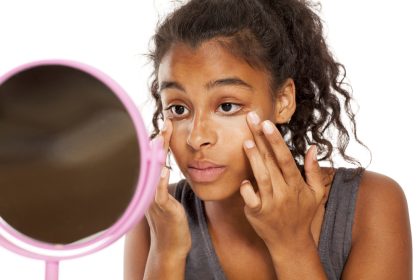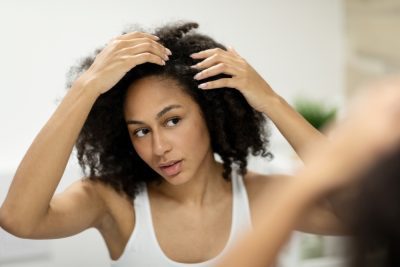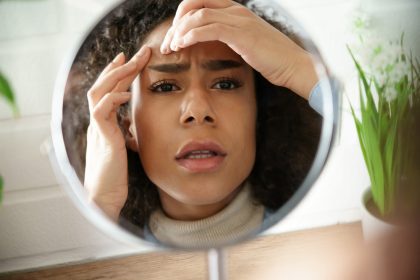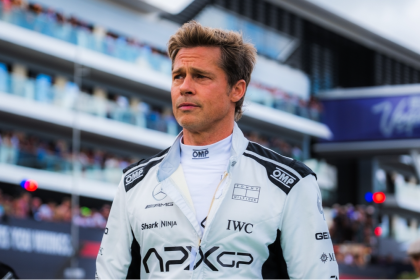Iconic actress sparks global conversation about authenticity and aging gracefully
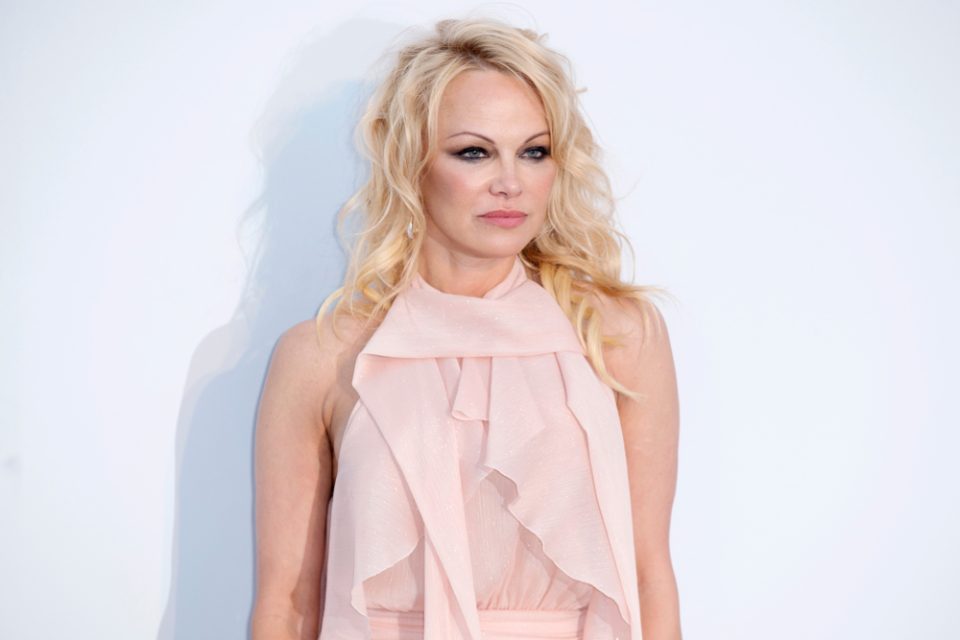
Pamela Anderson has long been a household name, a symbol of beauty and rebellion in Hollywood. Over the years, she became synonymous with the glamorous, perfectly polished image that many people in the entertainment industry have come to expect. However, in recent times, Anderson has broken away from the mold, challenging Hollywood’s deeply ingrained beauty standards by embracing a makeup-free life. Her decision to forgo cosmetics is not just about a personal transformation; it’s ignited a global conversation about authenticity, aging gracefully, and redefining beauty in an industry where perfection is often demanded.
A personal journey of transformation
The catalyst for Anderson’s decision to go makeup-free came from a place of profound loss. In 2020, she lost her trusted makeup artist, Alexis Vogel, who had been an integral part of her public image for years. Vogel was responsible for some of Anderson’s most iconic looks, and her death marked a significant turning point in the actress’s relationship with beauty routines.
Anderson spoke openly about the emotional impact of Vogel’s passing, revealing that it prompted her to reevaluate her relationship with makeup and the beauty industry. For years, she had relied on makeup to create an image that matched the expectations placed on her as a public figure. But after Vogel’s death, Anderson felt compelled to shed the layers of artificiality, moving towards a more authentic self. This personal tragedy became a springboard for a movement that is reverberating through the entertainment world.
The impact of authenticity
Anderson’s decision to appear makeup-free at various public events, most notably at Paris Fashion Week, was a bold move in an industry where outward appearances often define success. Her choice to step out without makeup was a refreshing departure from the glitzy, picture-perfect images usually associated with red carpet appearances. The backlash she might have feared never materialized—instead, Anderson’s look garnered respect and admiration.
Her move was seen as a statement of courage, an assertion of confidence that resonated with many who are tired of the manufactured standards of beauty that dominate Hollywood. Fans and critics alike have applauded her for daring to show herself in her most natural form, and her vulnerability has made her even more relatable. In an era where the pressure to look flawless is ubiquitous, Anderson’s honesty has sparked a much-needed conversation about self-acceptance.
Career renaissance
Pamela Anderson’s embrace of authenticity is not just limited to her personal life; it’s beginning to shape her professional career as well. At 57, Anderson is experiencing a career renaissance that proves that beauty isn’t confined to youth. Her role in The Last Showgirl has earned her critical acclaim, and industry insiders are even speculating about a possible Oscar nomination for the actress.
This new phase of Anderson’s career is a testament to her resilience and evolution. Hollywood has long held the belief that aging actresses need to adhere to specific beauty standards in order to remain relevant. Anderson’s ability to flourish in her later years, without succumbing to the pressures of cosmetic perfection, challenges this notion head-on. Her growing success is proof that authenticity and talent can triumph over the constraints of conventional beauty expectations.
Hollywood’s shifting paradigm
The entertainment industry’s response to Anderson’s makeup-free appearances is reflective of a larger shift in Hollywood’s attitude toward beauty and aging. While actresses have historically been encouraged to maintain a youthful appearance, Anderson’s recent public appearances show that beauty is no longer about maintaining the “ideal” image—it’s about being true to oneself.
Her decision to attend high-profile events without makeup has opened up conversations about aging in Hollywood and what it means to be beautiful. It highlights the increasing demand for diversity in beauty standards, which allows for more authentic and nuanced representations of women, especially those beyond the typical age of 30. Anderson is challenging these outdated ideals, showing that authenticity and real beauty transcend societal expectations of youth.
Beyond the surface
Although Anderson has maintained her signature platinum blonde hair, she has distanced herself from other cosmetic enhancements. Her decision to stop using Botox and fillers reflects a growing movement among women who are opting out of the cycle of cosmetic procedures that often fuel unrealistic beauty standards. Anderson has been open about her past use of these treatments but has spoken out about how they no longer align with her desire for authenticity.
For Anderson, her beauty isn’t defined by the layers of makeup or the injection of foreign substances into her face. Instead, she has embraced the natural aging process and all that comes with it. This decision adds yet another layer to her personal journey, showing that authenticity can be empowering at any age. In a society that often idolizes youth and perfection, Anderson’s shift towards natural beauty speaks volumes about the importance of embracing one’s true self, flaws and all.
A cultural moment
Pamela Anderson’s decision to step away from Hollywood’s idealized beauty standards has sparked more than just a conversation about aging—it has become a cultural moment. Her documentary, Pamela: A Love Story, alongside her candid public appearances, has encouraged many to reflect on how they define beauty, both in themselves and others.
In a world where filters and facades dominate social media, Anderson’s rejection of makeup as a form of artifice is a refreshing reminder of the importance of embracing imperfections. Her transformation has opened a dialogue about beauty and self-acceptance that goes beyond the superficial, encouraging people everywhere to challenge unrealistic expectations and embrace their own authenticity.
Pamela Anderson’s journey is more than just a personal transformation—it is a statement of cultural change. Her decision to embrace a makeup-free existence, at 57, has become a beacon of empowerment for women across the globe. By rejecting the demands of Hollywood’s beauty industry, Anderson is creating a new narrative, one where beauty is defined by authenticity and self-acceptance, not perfection.


